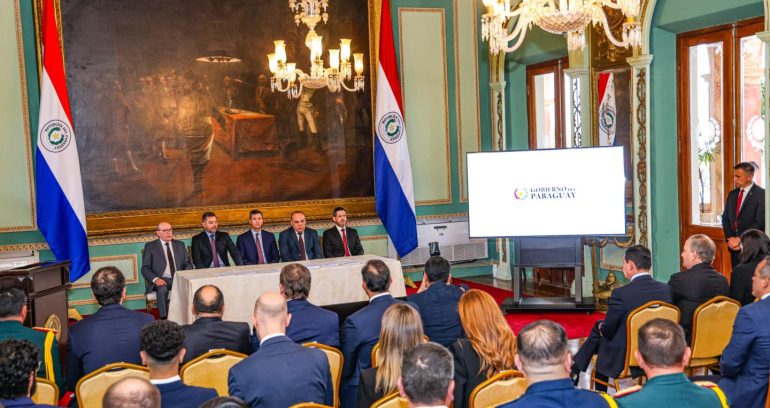President of the Republic of Paraguay, Santiago Peña and Vice President Pedro Alliana have formally presented a package of ten economic reforms bills to the National Congress. These proposals aim to optimise economic performance, expand employment opportunities, and modernise the state.
According to Deputy Minister of Commerce and Services, Rodrigo Maluff, the proposed reforms are essential to achieving the government’s ambitious goal of doubling Paraguay’s economy over the next decade. The plan is to reach an annual growth rate of 7% to 10%.
“We aim to achieve that great goal of industrialising Paraguay and doubling its gross domestic product (GDP),” Maluff said.
The core of the ten economic reforms bills
The reforms are organised into four main areas: institutional restructuring, economic and productive incentives, reform of the public transport system, and modernisation of the legal framework.
The proposed reform bills include merging the Ministry of Foreign Affairs with the Secretariat for Repatriates. The bill also aim to create the Ministry of Industry, Commerce, Tourism, Mines, and Energy. Furthermore, the plan include reforming the tax incentive system for investment. The proposed reform bill aims to establish a national policy for the production and assembly of technological equipment. Lastly, the bill includes repealing subsection f) of the Tourism Law on investment promotion.
With economic reforms, the government also aims to update the maquila regime, modernise the securities and commodities market, and amend the Renewable Energy Law. Additionally, the state proposes a new law to transform the metropolitan public transport system and introduces a new Arbitration Law.
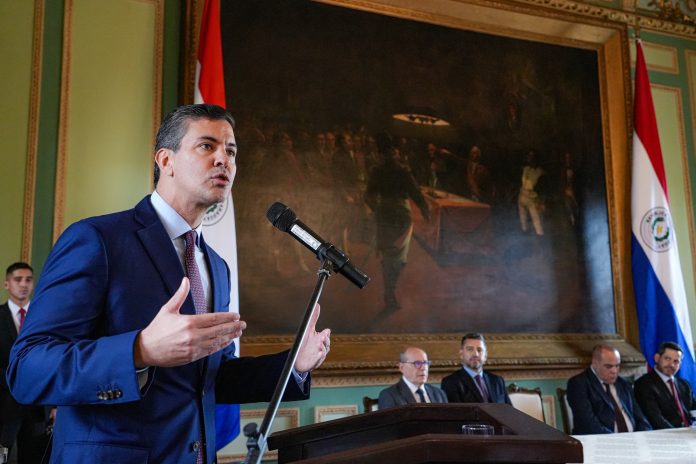
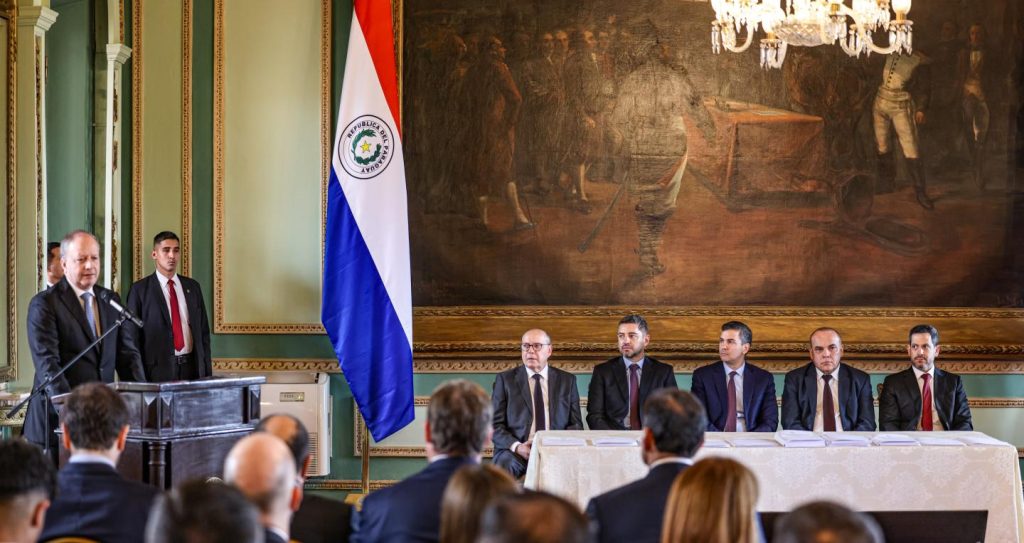
Mergers with growth potential: energy sector
The project proposes the creation of the Ministry of Industry, Commerce, Tourism, Mines, and Energy. This involves unifying several related government agencies into a single ministerial structure. This reorganisation is intended to streamline procedures, reduce operational costs, and improve the allocation of the state’s human and financial resources.
Deputy Minister Maluff stated that the reform would also enhance management of the energy sector by opening the door for private investment in electricity. He noted that although Paraguay has long benefited from its hydroelectric power, the country will require new energy sources in the coming years, such as hydrogen. As such, the goal is to reorganise regulation and operations within the national electricity system.
Maluff also mentioned that Rediex has over US$24 billion in potential investments. Rediex plans to secure 8,000 megawatts of energy to support future economic growth.
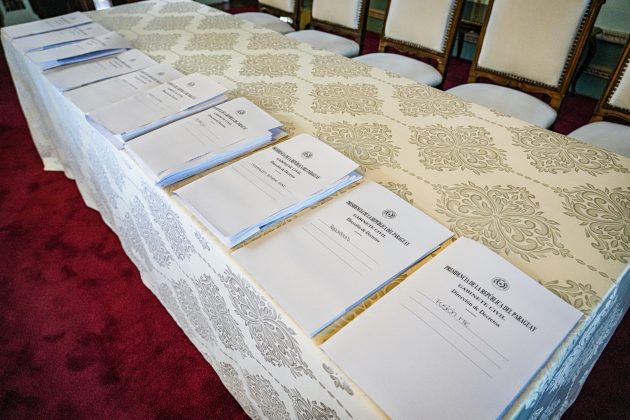
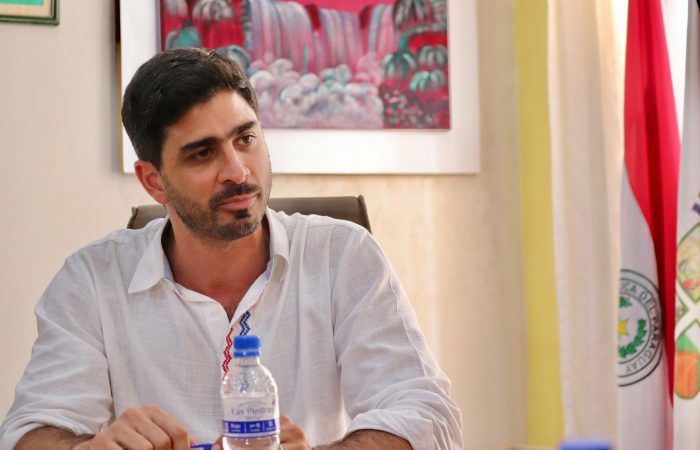
Changes in the tourism sector
As part of the proposed government mergers, the tourism sector will be elevated through the creation of a Vice Ministry of Tourism, with specific functions. According to Maluff, incorporating the National Secretariat of Tourism (Senatur) into the Ministry of Industry and Commerce (MIC) will strengthen collaboration with the private sector, where the MIC already maintains positive and productive conversations.
He acknowledged that Paraguay still faces important challenges, but highlighted the country’s strong foundation in the meetings and events segment. The strategy aims to build on these strengths to position Paraguay as a competitive tourism destination in the region.
Other key aspects of the economic reforms
Bill 4 establishes a new system of tax incentives for both national and foreign investment. The proposal replaces Law 60/90 and introduces a more efficient framework to promote private investment. Bill 4 will contain new conditions of proportionality, time limits, and stricter eligibility criteria.
Bill 6 repeals subsection f) of the Tourism Law, which obliges airlines to pay a minimum percentage of the ticket price to travel agencies. Its removal will facilitate the entry of new airlines, promote the opening of new routes, and help reduce ticket costs.
Bill 8 establishes an incentive regime to attract companies that manufacture or assemble electrical, electronic, electromechanical, and digital equipment in the country. The objective is to advance towards greater industrialisation, generate formal employment, and foster technology transfer.
The viability of the economic reforms
The proposed economic reforms aim to address key structural issues for potential economic growth. However, these are complex initiatives that require time, thorough evaluation, and careful planning. All reform bills are currently under review and will not be implemented until received approval from the National Congress.

